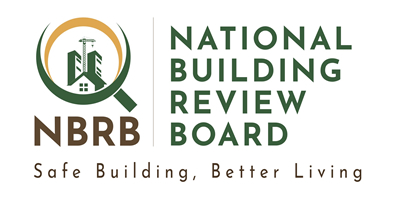Just like any other sector in Uganda, the Building Sector is also well regulated through several legislations. Right from the Colonial time, the building sector was regulated through the Public Health Control Act of 1935. Specifically Cap.269 of the Act prescribed imperial standards, fines, fees and penalties and excluded some materials and construction methods that were considered harmful to human life and the environment.
The enactment of the 1995 constitution under article 39 guaranteed every citizen a right to clean and healthy environment. The National Environment Act strengthens this article, under Section 3, which places the responsibility to create, maintain and enhance the environment to every person.
Under the Physical Planning Act, 2010, the entire country has been declared a planning area and it’s now prohibited for any person to carry out a development without obtaining development permission from the respective Physical Planning Committee. These committees are described in Part 111 of the Act as District, Urban and Local Physical Planning Committees.
The functions of the District Physical Planning Committee for example included to cause to be prepared local physical development plans, to recommend to the Board development applications for change of land use and to approve development applications relating to housing estates, industrial location, schools, petrol stations, dumping sites or sewerage treatment, which may have injurious impact on the environment.
In addition to the cited laws; other laws such as the Land Act 1998 (as amended), the Occupational and Safety and Health Act among others regulated the building sector.
With these laws scattered in various legislations, it posed a challenge of not only interpretation but also implementation.
This called for the harmonisation of the legal regime under one Act, the Building Control Act 2013. The Building Control Act consolidated and amended the laws relating to erection of buildings, provided for building standard, established the National Building Review Board and Building Committees.
The Building Control Act, 2013 is operationalised by the National Building Code, 2019 and the Building Control Regulations, 2020. Sections 42 and 43 of the Act stipulate general offences and penalties for a person who fails to comply with the terms of a notice or conditions issued under these Regulations, deviates in any material degree from the approved plan, drawing or diagram without approval of the Building Committee, or erects a building in contravention of these Regulations.
Other offences include hindering or obstructing a Building Control Officer or any person authorised by the Building Committee in the performance of his or her duties, submission of a certificate which is substantially false, incorrect, or fraudulent and being the owner of a building, occupies, uses or permits the occupation or use of a building without an occupation permit; among others.
Upon convictions a person is liable to a fine not exceeding forty-eight currency points or imprisonment not exceeding two years or both. In the case of a continuing contravention, an additional fine not exceeding five currency points for each day during which the contravention continues.
